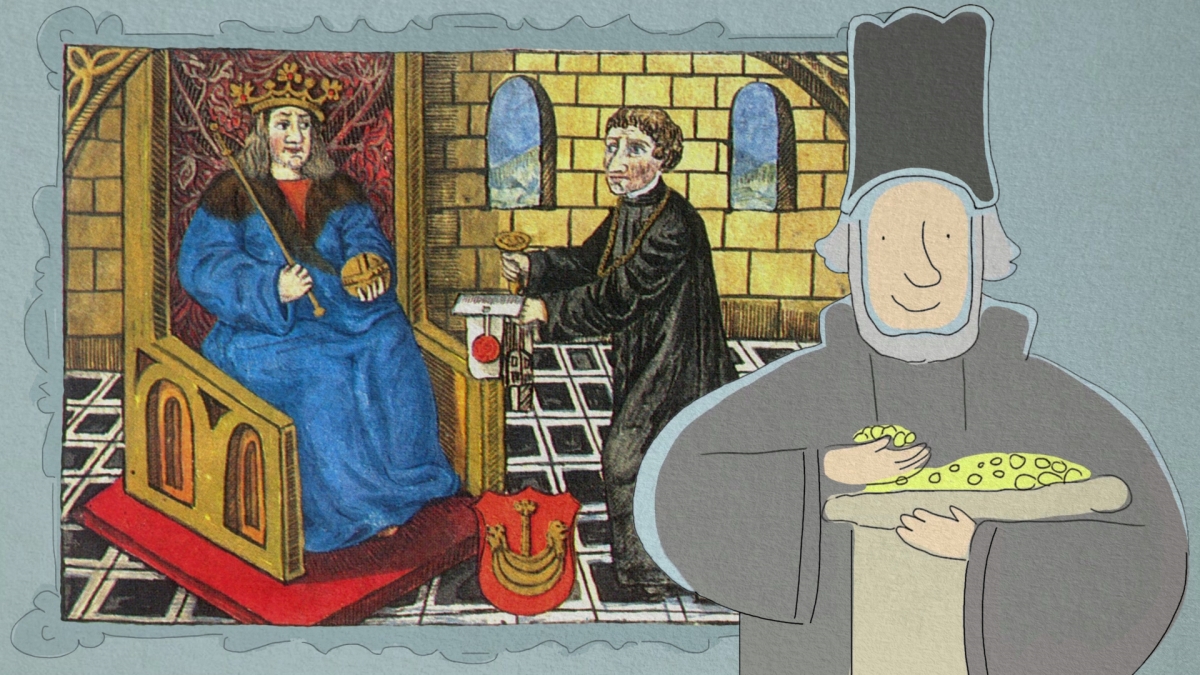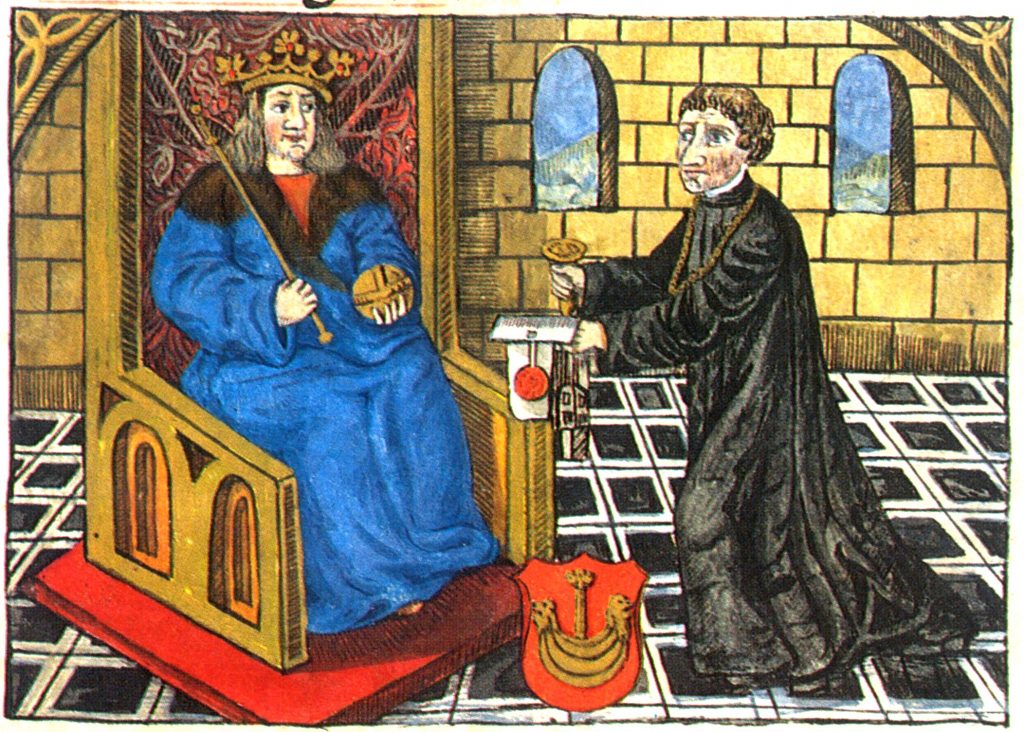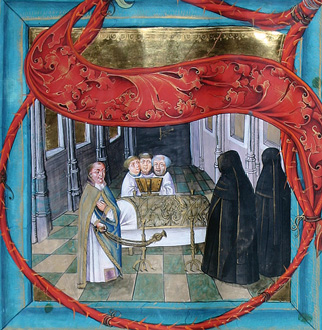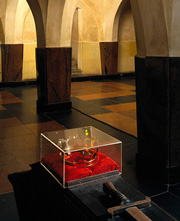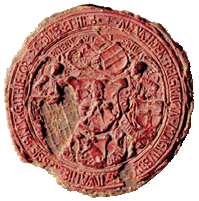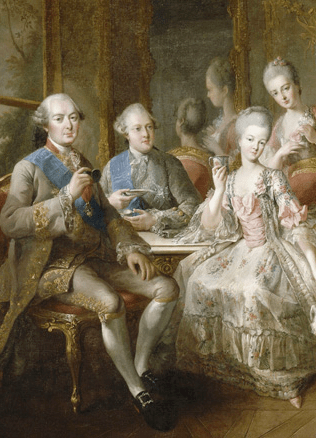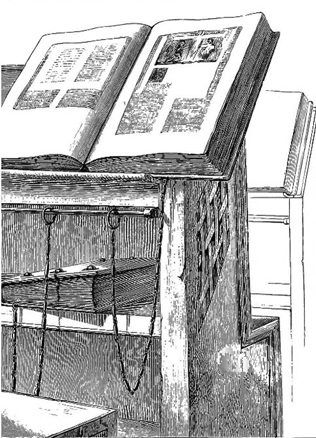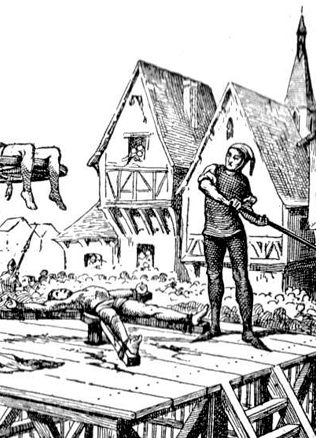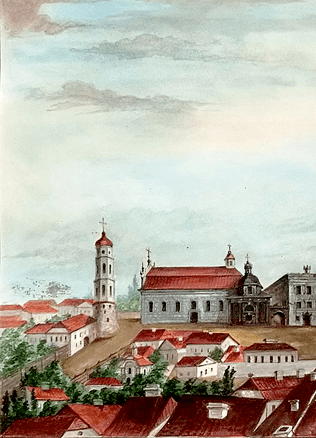Alexander Jagiellon’s Last Visits in Vilnius
In 1505 the health of Alexander Jagiellon, the King of Poland and the Grand Duke of Lithuania, began to deteriorate rapidly. Among other things, that year, according to the Bychowiec Chronicle, “an attack of paralysis struck the King”. Alexander is thought to have suffered from cerebral vasospasm. For at least a couple of days, the monarch could not move and remained unconscious. With the onset of autumn his health somewhat improved and on the 6 September the Primate of Poland Jan Łaski wrote that the king’s health had restored. Nevertheless, as early as October, it began to deteriorate again.
The ailing monarch on his way to Vilnius
“
Various measures have been taken to restore Alexander’s health. In a special arrangement, one Baliński was brought to Vilnius from Kraków. The man, who introduced himself as a Greek, became famous in Poland for his exorbitant fees for medical consultation. Before setting off for Vilnius, Baliński demanded horses, carriages, and 300 ducats.
The therapeutic procedures did not help much, therefore “the King and Grand Duke Alexander travelled from Poland to Vilnius seriously ill, paralysed”. He reached the capital of the Grand Duchy on 7 April and stayed in the city until 23 July, with a one-day break.
Various measures have been taken to restore Alexander’s health. In a special arrangement, one Baliński was brought to Vilnius from Kraków. The man, who introduced himself as a Greek, became famous in Poland for his exorbitant fees for medical consultation. Before setting off for Vilnius, Baliński demanded horses, carriages, and 300 ducats.
Some of those close to the monarch were sceptical about the man, to put it mildly. Bishop Lucas Watzenrode of Warmia bluntly called him an idiot, while Jan Łaski, who accompanied the monarch on his way to Lithuania, described the doctor as zofus (ζόφος, zophos), Greek for thick and intimidating darkness. Maciej Miechowita, a medical doctor and professor at the University of Kraków, named Baliński a charlatan in his Polish Chronicle (1519).
Sauna, scorched herbs and wine
Baliński had promised to get the king back on his feet in just a few weeks, but Alexander’s health continued to deteriorate. The abovementioned work by Maciej Miechowita offers some insights into Baliński’s healing methods.
Do You Know?
Baliński ordered to install a sauna in the grand hall of the Lower Castle where Alexander was expected to heat up his body and inhale smoke of assorted herbs held above the fire. Moreover, Baliński wanted the king to drink plenty of wine, Malvasia and other sorts. Before long, the treatment rendered Alexander extremely weak and bedridden, almost incapable of sleeping and suffering from convulsions and diarrhoea.
It was only after Baliński’s methods had been abandoned that the king’s health became relatively stable. Maciej Miechowita, the monarch’s previous physician, took over from Baliński and, before long, was able to ease the pains and insomnia.
Later, rumours began to circulate that Baliński had wanted to poison Alexander acting on behalf of Michał Gliński, Alexander’s favourite, who eventually started a revolt in Lithuania. The latter narrative, it has to be said, surfaced later and within a new political environment.
The last trip from and to Vilnius
By 23 July, Alexander recovered somewhat and, escorted by hundreds, travelled from Vilnius to Lida ostensibly to relinquish the throne in favour of his brother Sigismund. While in Lida, though, the monarch’s health worsened again to the extent that he ordered to draw up his will and complete the register of the treasury.
“
Almost simultaneously, the news reached him about the Tatar invasion of the country and as the Lithuanian troops marched out to pursue the enemies, Alexander was taken back to Vilnius in a sedan chair. He was accompanied by the Primate of Poland Jan Łasky, the Bishop of Vilnius Wojciech Tabor, and the Voivode of Trakai Jan Zaberezinsky.
Almost simultaneously, the news reached him about the Tatar invasion of the country and as the Lithuanian troops marched out to pursue the enemies, Alexander was taken back to Vilnius in a sedan chair. He was accompanied by the Primate of Poland Jan Łasky, the Bishop of Vilnius Wojciech Tabor, and the Voivode of Trakai Jan Zaberezinsky.
After reaching the city, where he was surrounded by loved ones and, most probably, his wife Elena, Alexander was already on the brink of death. Before passing away, he heard the news about Lithuanians beating Tatars at Kletsk on 6 August (the day of “indescribable joy”, according to the Bychowiec Chronicle).
The ruler was to be visited by the most important officers of the state, who were to share eyewitness accounts and serve as executors of his last will, those included Michał Gliński, the Voivode of Trakai Mikołaj Radziwiłł, and the Marshal Jan Radziwiłł. The victory lifted their spirits, but they were anxious about the king’s health.
Alexander’s death and funeral
Alexander Jagiellon died on 19 August. This brought the issue of his burial place to the fore. The will of the monarch was expressed in his testament was quite clear: he wanted to be buried inside the Wawel Cathedral in Kraków, the then capital of Poland, next to his uncle Władysław II Jagiełło, his brother Casimir IV and brother John I Albert. The Lithuanian aristocrats, however, had their own plan.
Alexander’s successor Sigismund I the Old wrote on 17 September in a letter to the bishop of Warmia: “Due to insistent inquiries from the grandees and residents of the Grand Duchy of Lithuania, we have decided to bury the body of the most serene late King Alexander, your brother, here [in Vilnius].”
“
Jan Łaski, the Grand Chancellor of Poland, was in no mood for direct confrontation against the Lithuanians, especially since they were armed and overflowing with patriotism. The Polish senators eventually conceded too. They were left with a hope, however ironic, that Alexander’s body will become “a perpetual assurance of our union with Lithuanians”.
Alexander Jagiellon was buried in the Cathedral of St Stanislaus and St Ladislaus in Vilnius, next to his brother St Casimir and earlier Lithuanian monarchs: Vytautas, Švitrigaila, Žygimantas Kęstutaitis, and Mykolas Žygimantaitis.
As far as Vilnans were concerned, they could be happy about Vilnius becoming a true capital during Alexander’s reign and, eventually, a place of his final rest.
Karolis Čižauskas
